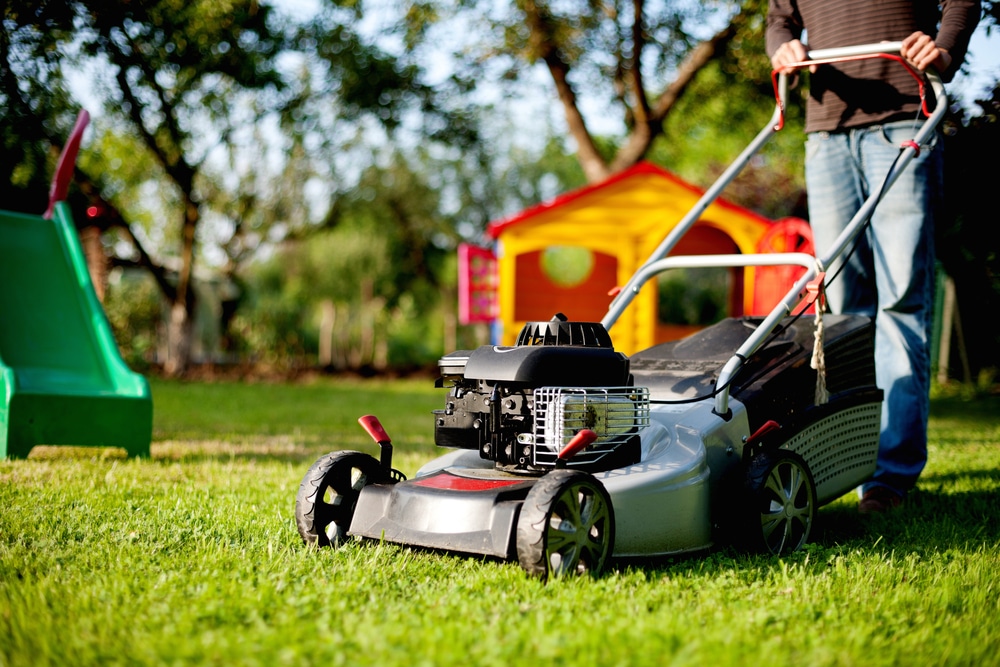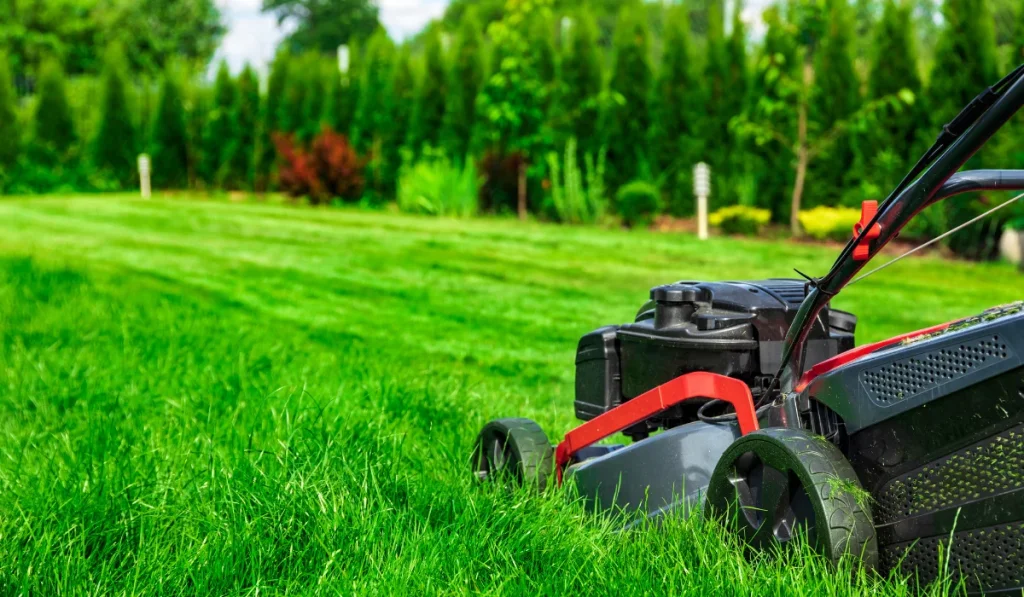Small off-road engines (SOREs), commonly found in lawn equipment, contribute significantly to air pollution. According to the California Air Resources Board (CARB), using a gas-powered leaf blower for an hour emits as much smog-forming pollution as driving a 2016 Toyota Camry for 1,100 miles. This alarming comparison underscores the environmental and health hazards posed by SOREs, leading California to pass a law banning these highly polluting engines starting in 2024. The regulation aims to transition the state toward quieter and cleaner outdoor equipment.
CARB’s Push for Cleaner Air and Regulation
CARB has been instrumental in advocating for cleaner air in California. With over 16.5 million small engines in the state—three million more than light-duty cars—the need for regulation is critical. Unlike cars, these engines lack effective pollution control devices, emitting higher levels of harmful pollutants in a shorter timeframe. For instance, an hour of using a commercial lawn mower matches the smog-forming emissions of driving a Toyota Camry for 300 miles. The severity of their emissions demonstrates the necessity of tighter controls on SOREs.

Also Read: The 10 Longest-Lasting Cars You Can Buy: Toyota and Honda Top the List
The harmful emissions from SOREs, including oxides of nitrogen (NOx), reactive organic gases (ROG), and particulate matter (PM), have serious consequences for human health and the environment. According to Assemblywoman Lorena Gonzalez, these engines contribute to asthma and other respiratory issues among workers who operate them. Additionally, their contribution to climate change and air pollution highlights the urgent need to phase out these “super polluters” in favor of cleaner, more sustainable alternatives.
Implementation of AB 1346: Phasing Out SOREs
California’s AB 1346 mandates the development of cost-effective regulations to eliminate emissions from SOREs. By July 1, 2022, CARB was required to adopt these regulations, targeting engines manufactured on or after January 1, 2024. The feasibility of these changes includes evaluating the availability of zero-emission equipment and the impact on the electric grid. Additionally, the law allocates $30 million for incentives, such as rebates, to encourage businesses and individuals to adopt zero-emission alternatives.
Not all gas-powered devices are affected by the new regulations. Recreational vehicles like ATVs and dirt bikes, which often have engines exceeding 25 horsepower, are excluded. CARB has regulated larger engines since 1994 under separate guidelines. The focus on SOREs reflects California’s broader commitment to reducing pollution and promoting sustainability. The law sets a precedent for other states and industries to follow, signaling a shift toward a cleaner future in landscaping and beyond.
Also Read: The 10 Longest-Lasting Cars You Can Buy: Toyota and Honda Top the List

